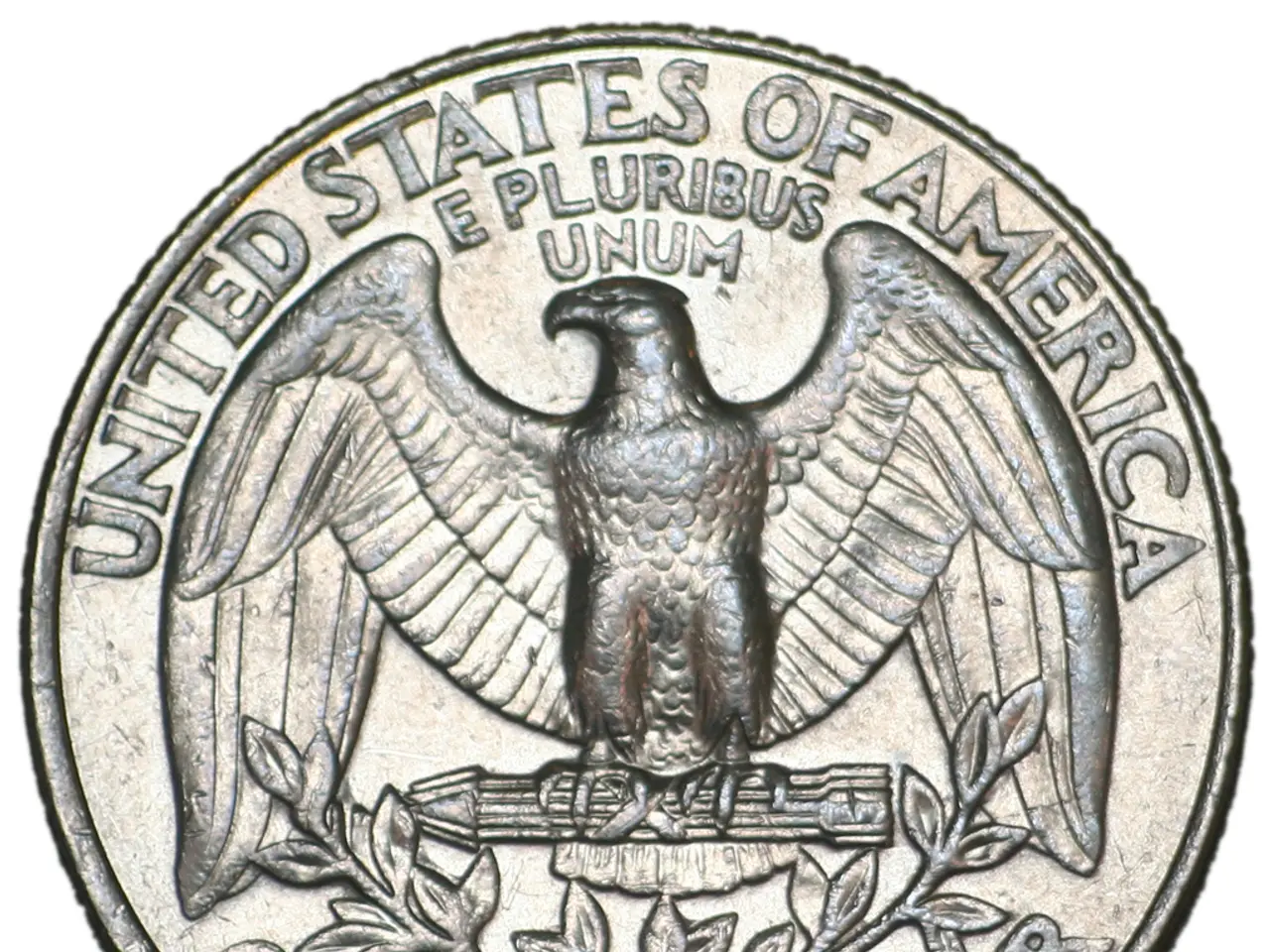Maldives constructs a digital financial hub, with Blockchain and Bitcoin serving as key investments
The Maldives has announced plans to establish the Maldives Financial Center (MIFC), a financial free zone that promises total exemption from corporate, inheritance, and property taxes. This bold initiative aims to diversify the Maldives' economy, moving beyond its traditional reliance on tourism and fisheries.
The MIFC is designed to position the Maldives as a leader in financial and technological innovation, attracting global financial institutions, fintech companies, and digital asset enterprises. By fostering a dynamic environment for growth in cutting-edge sectors, the MIFC seeks to become a robust financial services hub that aligns with global digital finance trends.
A key highlight of the project is the integration of Bitcoin as a sovereign asset, signalling the country's ambition to become a forerunner in blockchain and cryptocurrency-enabled finance. This move is intended to enhance the Maldives' financial innovation credentials and establish it as a pioneer in sovereign digital asset adoption.
The MIFC will offer a mix of state-of-the-art office and commercial spaces, regulatory frameworks conducive to fintech innovation and digital asset trading, infrastructure and technology to facilitate blockchain-based financial services, and integration with tourism and trade to amplify economic diversification benefits.
The MIFC will also house a state-of-the-art convention center with a capacity of 3,500 people, making it a formidable competitor in the global financial and technological landscape, alongside established hubs like Dubai, Hong Kong, and Singapore.
Investment in crypto assets, while a key aspect of the MIFC, comes with risks. The volatility of these assets may not be suitable for retail investors, and there is a risk of losing the entire amount invested. However, the regulatory framework of the MIFC is geared towards promoting the development of digital assets and green finance, ensuring a balanced approach to innovation and risk management.
The MIFC represents an opportunity for the Maldives to reduce its dependence on tourism and fishing, moving towards a more resilient, innovative, and digital economy. The focus on Bitcoin as a key asset and sustainability and well-being sets the Maldives apart from other financial centers.
The MIFC aims to generate over a billion dollars in revenue in its first five years and significantly increase the national GDP, reflecting the Maldives' vision for a future where financial services and technology catalyze broader economic growth, reduce dependence on traditional sectors, and create a globally competitive financial ecosystem.
Read also:
- Rapid Charging Stations for Electric Vehicles Avoiding Grid Overload
- Increasing Trend Downthe Globe: A Growing Number of Individuals Opt for Electric Vehicles Over Long Distances
- "A high demand for your product in foreign markets signifies that you're manufacturing something significantly worthwhile."
- Social media spat between Elon Musk and Sam Altman features their confrontation; discord revolving around business rivalry in relation to Apple







